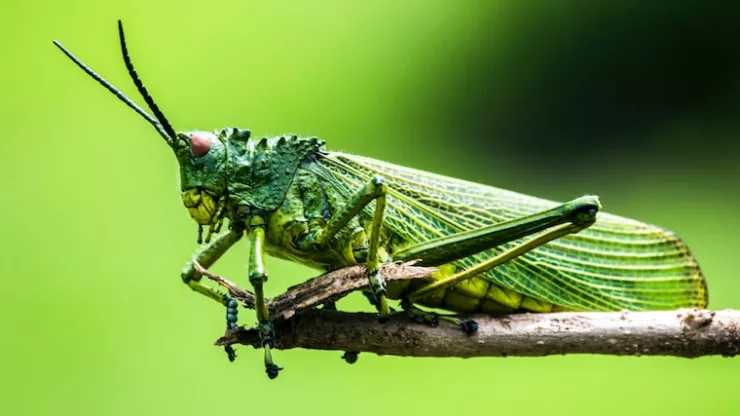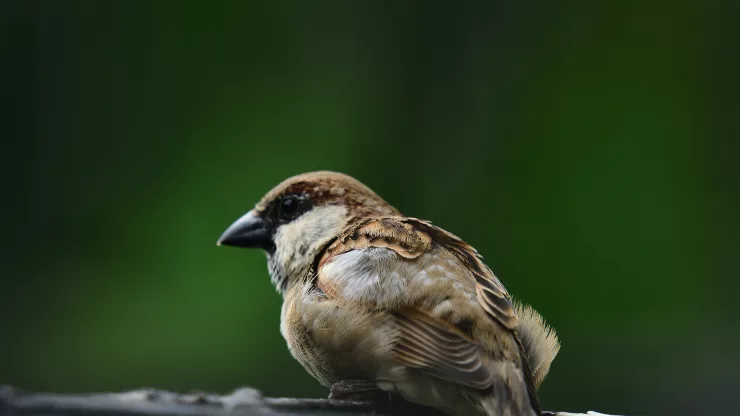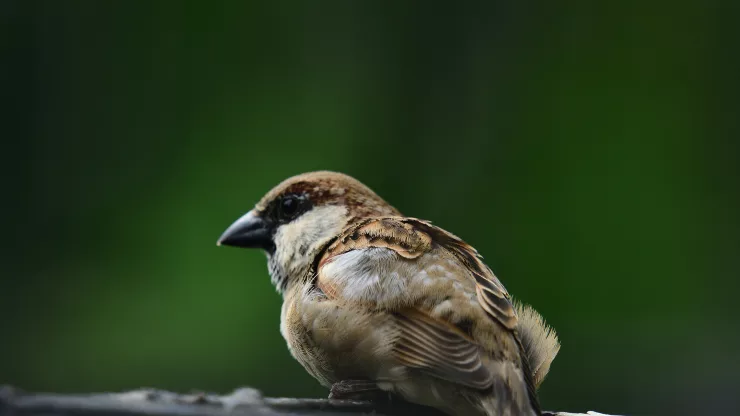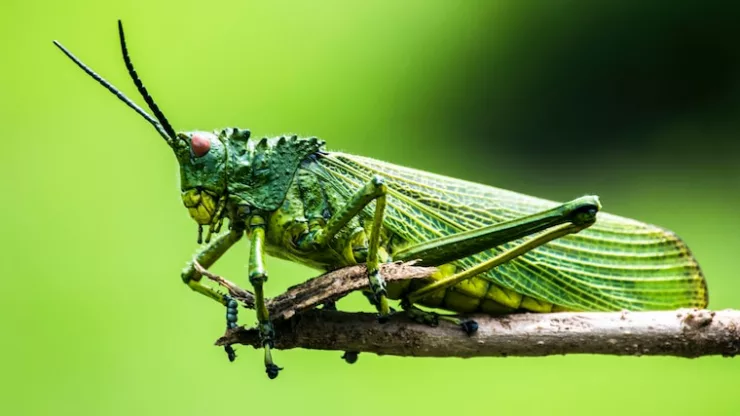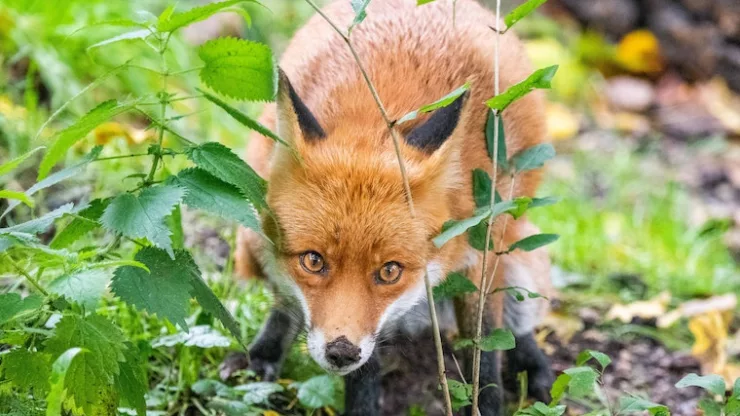When we think of nature, the first images that come to our minds are lush forests, serene beaches, and vast meadows.
We tend to overlook the fact that nature is all around us, even in our urban surroundings.
In fact, cities are home to an astonishing variety of insects that thrive in the concrete jungle.
From industrious ants to fluttering butterflies, urban insects are fascinating creatures that are worth exploring.
In this article, we will uncover the hidden world of urban insects and inspire you to embrace the wonders of nature in your own backyard.
Jump to Section
Uncovering the Hidden World of Urban Insects
Urban insects are a diverse group of creatures that play a crucial role in the ecosystem of our cities.
They are found in parks, gardens, and even on the walls of our buildings.
One of the most common urban insects is the ant.
Ants are social insects that live in colonies and are known for their ability to work together to build and maintain their nests.
They are also excellent scavengers and can be found swarming around food scraps on the sidewalk.
Another fascinating urban insect is the butterfly. Butterflies are a symbol of beauty and grace, and they are a common sight in urban gardens and parks.
They have brightly colored wings that are covered in intricate patterns, which they use to attract mates and deter predators.
Butterflies are also important pollinators, helping to ensure the survival of many plant species.
Urban insects are not just limited to ants and butterflies.
There are many other fascinating creatures to discover, such as beetles, bees, and dragonflies.
Beetles, for example, come in a variety of shapes and sizes and are found in many different habitats, including parks, gardens, and even on the bark of trees.
Bees are essential pollinators that help to fertilize flowers and crops, making them a crucial part of the food chain.
Dragonflies are agile predators that hunt other insects, making them valuable allies in controlling pest populations.
Embrace the Wonders of Nature in Your Own Backyard
One of the best ways to discover the fascinating world of urban insects is to explore your own backyard.
Whether you have a small balcony or a large garden, there are many ways to create a habitat for insects and other wildlife.
One simple way to attract insects to your backyard is to plant native plants. Native plants provide food and shelter for insects, and they are adapted to the local climate, making them easier to maintain.
Another way to attract insects to your backyard is to provide sources of water.
This can be as simple as filling a bird bath or placing a shallow dish of water on the ground.
Just be sure to change the water regularly to prevent mosquitoes from breeding.
If you have space, you can also create a habitat for insects by building a bug hotel.
A bug hotel is a structure made of natural materials, such as logs, twigs, and leaves, that provides a shelter for insects to nest and hibernate.
You can also add materials like straw, pine cones, and old pots to create a variety of habitats for different species of insects.
By embracing the wonders of nature in your own backyard, you can create a habitat for urban insects and other wildlife, and discover the fascinating world that exists right outside your door.
Urban insects are a reminder that nature is all around us, even in the most unlikely places.
By uncovering the hidden world of urban insects and embracing the wonders of nature in our own backyard, we can create a more harmonious relationship with the environment and appreciate the diversity of life that surrounds us.
So next time you go for a walk in the city, take a closer look at the insects around you, and marvel at the intricate web of life that exists in our urban jungle.
I’m a nature enthusiast and creator of Metro Wilds and have spent years exploring the great outdoors.
With a passion for environmental conservation and sustainability, I have dedicated my career to writing about the beauty and wonders of nature, as well as the threats facing our planet.
Contact me at [email protected] for assistance.

